



































These days, as businesses order transparent plastic sheets to build anti-COVID barriers, they may find that some suppliers are out of Plexiglas®, but have plexiglass in stock. What's the difference?
如今,随着企业订购透明塑料板来建造抗COVID屏障,他们可能会发现一些供应商没有Plexiglas®,但有库存。有什么区别吗?
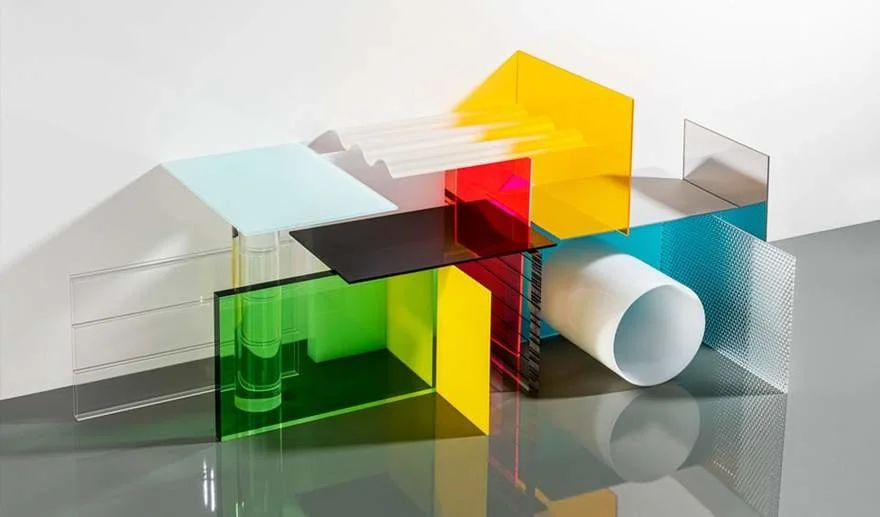
Both products are sheets of acrylic.
Plexiglas®
is the brand name trademarked in 1933 by Rohm, the company set up by Plexiglas® inventor Otto Rohm. Meanwhile, the term plexiglass is generally used to refer to any sheet of acrylic.
这两种产品都是丙烯酸片材。
Plexiglas®
是Rohm于1933年注册的品牌名称,Rohm是Plexiglas®发明者Otto Rohm创立的公司。同时,术语有机玻璃通常用于指任何丙烯酸片材。
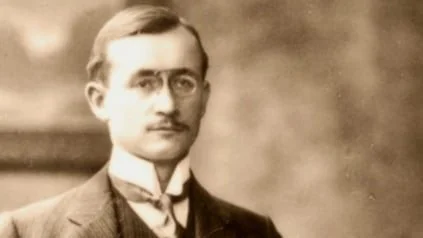
Plexiglas inventor Otto Rohm
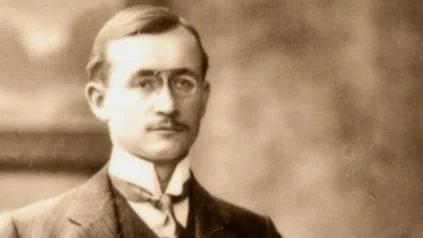
有机玻璃发明家奥托·罗姆
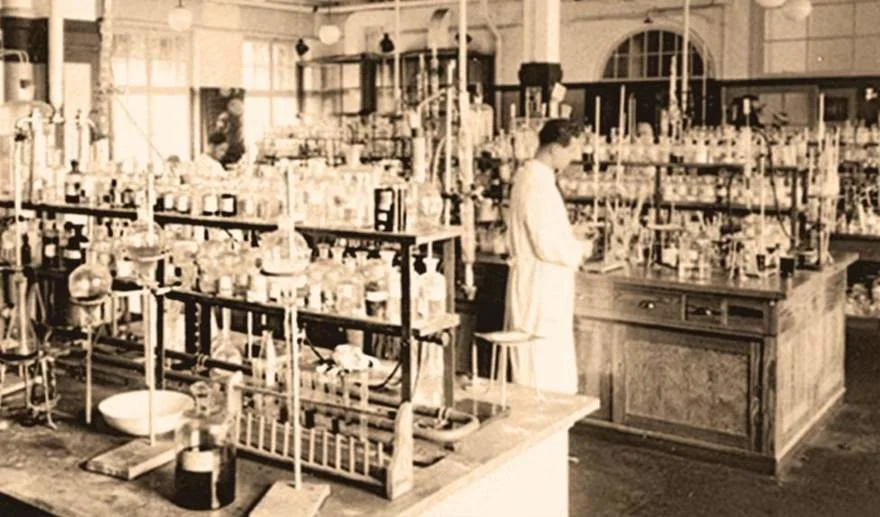
Plexiglas inventor Otto Rohm
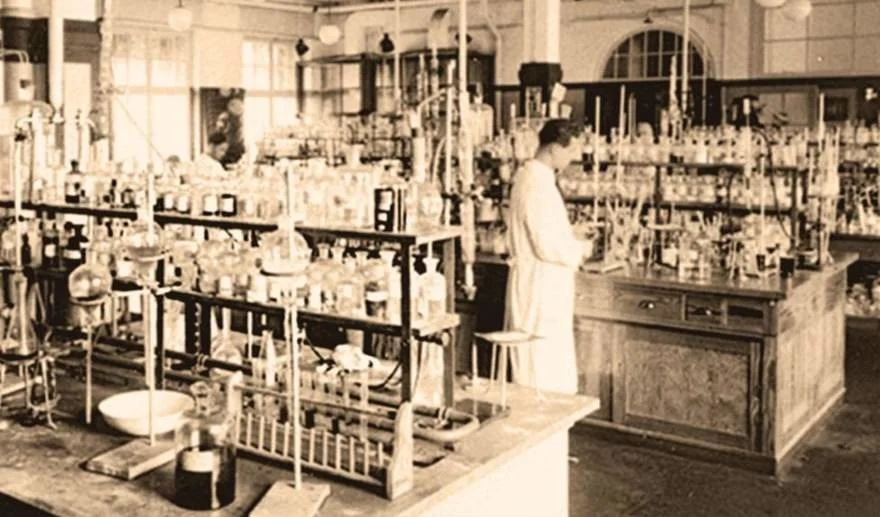
有机玻璃发明家奥托·罗姆
The difference lies in how they're manufactured. To make sheets of acrylic, one can use extrusion or cell casting. Extrusion is quick and relatively affordable, making it a widespread go-to.
区别在于它们是如何制造的。为了制造丙烯酸片材,可以使用挤出或单元浇铸。挤压是快速和相对负担得起的,使其成为一个广泛的去。
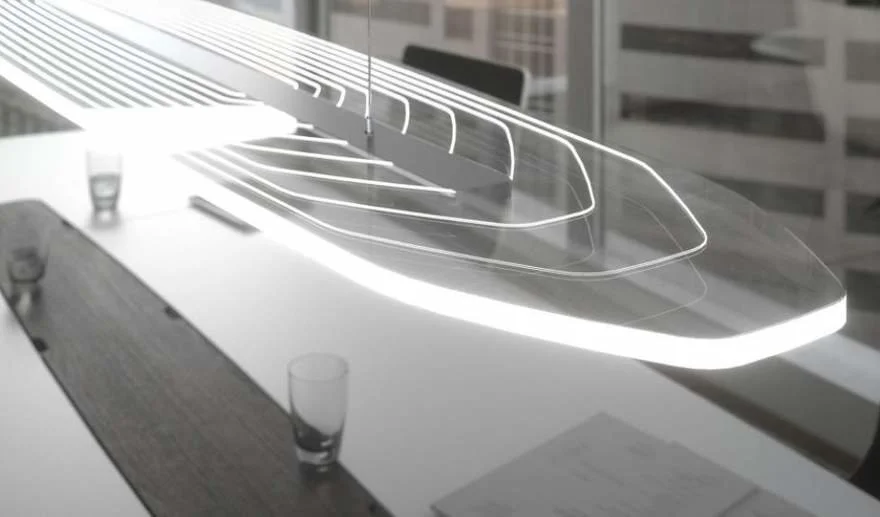
Cell casting is when liquid monomer is poured between two sheets of glass sealed with a rubber gasket, then heated up to polymerize the pour. This is time-consuming and expensive: The glass has to be thick enough that it doesn't sag under the weight of its contents, and the surface of the glass must be free of imperfections to give a good finish. Acrylic sheets that are cell cast have cleaner surfaces less prone to scratching, whereas extruded sheets have lower-quality finishes and may show ripples or specks.
电池浇铸是将液体单体倒入两片用橡胶垫圈密封的玻璃之间,然后加热以使浇注物均匀。这既耗时又昂贵:玻璃必须足够厚,以便在其内容物的重量下不会下垂,并且玻璃表面必须没有缺陷才能达到良好的光洁度。丙烯酸板是细胞铸造有清洁的表面不太容易划伤,而挤出板有较低的质量完成,并可能显示波纹或斑点。
Drilling down further,
U.S. Plastic Corp.
attributes the following to each process:
美国塑料公司(
U.S. Plastic Corp.)
将以下内容归因于每个过程:
Cast sheet has the following benefits over extruded sheet:
- less low angle distortion
- low minimum run/order quantities
- thousands of standard and custom colors available
- greater range of available thicknesses (available in thicknesses greater than 1.00")
- slightly better chemical resistance
- less tendency to melt or chip during machining
- slightly higher service temperature
- more suitable for use involving continuous contact with water
- better capability to handle long-term mechanical loads
- 低角度失真较少
- 最低运行/订单数量低
- 提供数千种标准和定制颜色
- 更大的可用厚度范围(厚度大于1.00 ")
- 耐化学性稍好
- 加工过程中不易熔化或碎裂
- 工作温度略高
- 更适合与水连续接触的使用
- 更好地处理长期机械负荷
Extruded sheet has the following benefits over cast sheet:
- lower cost
- better thickness tolerance
- less dirt,lint or particulate contamination in the sheet
- cements and thermoforms faster
- 成本较低
- 更好的厚度公差
- 纸张中的污垢、棉绒或颗粒污染物更少
- 水泥和热成型更快
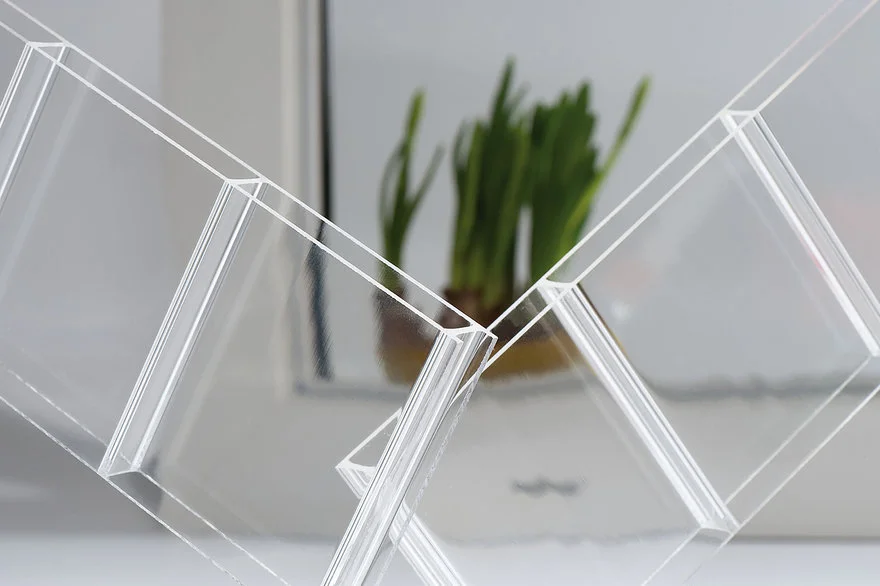
Plexiglas® is only manufactured using cell casting, and thus it's more expensive. Lowercase-P plexiglass can be either cell cast or extruded, the latter of which will reduce the cost.
Plexiglas®仅使用单元铸造制造,因此价格更贵。Lowercase-P有机玻璃可以是单元铸造或挤压,后者将降低成本。
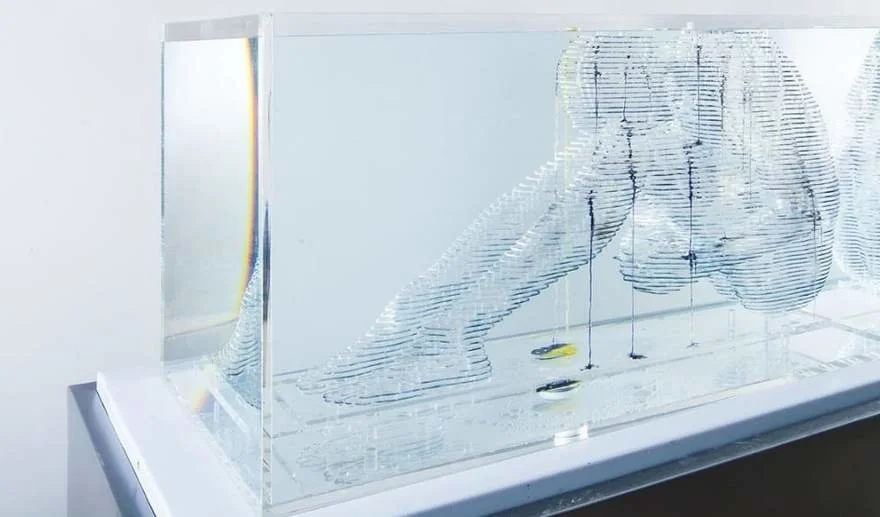
So which should you use? If you're making sneezeguards for checkout counters, save a couple bucks and go with generic plexiglass. If you're crafting a high-quality model for a presentation that's going to win business for your firm, reach for the Plexiglas® good stuff.
那么你应该使用哪一个呢?如果你在为收银台做防喷嚏罩,省下几巴克斯,用普通的有机玻璃。如果您正在制作一个高质量的演示模型,以便为您的公司赢得业务,请使用Plexiglas®好东西。




































